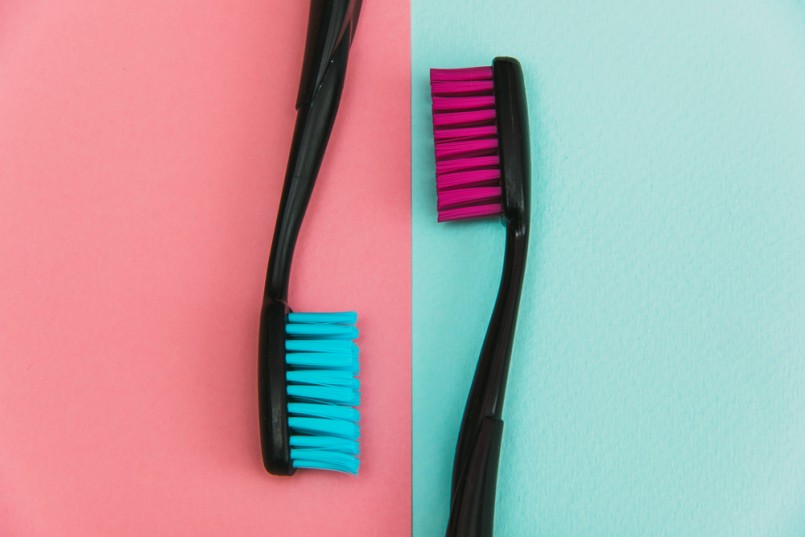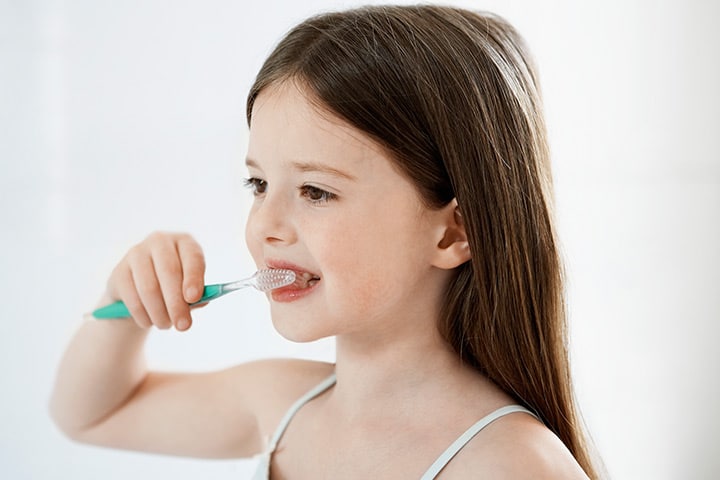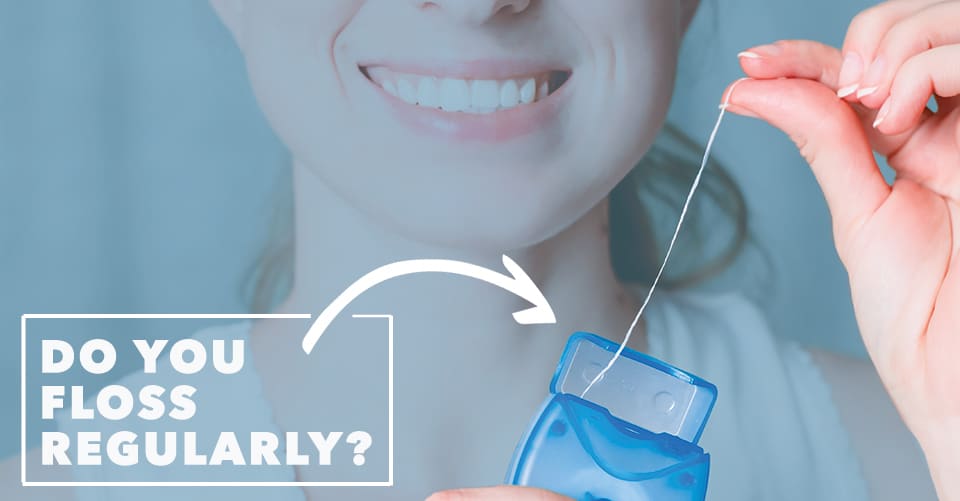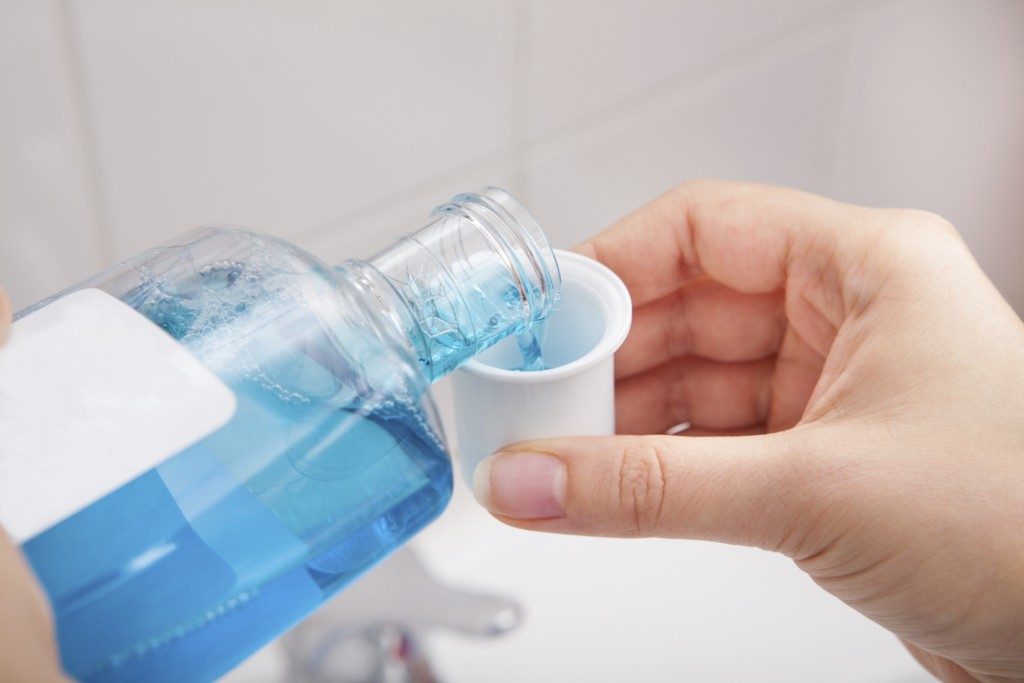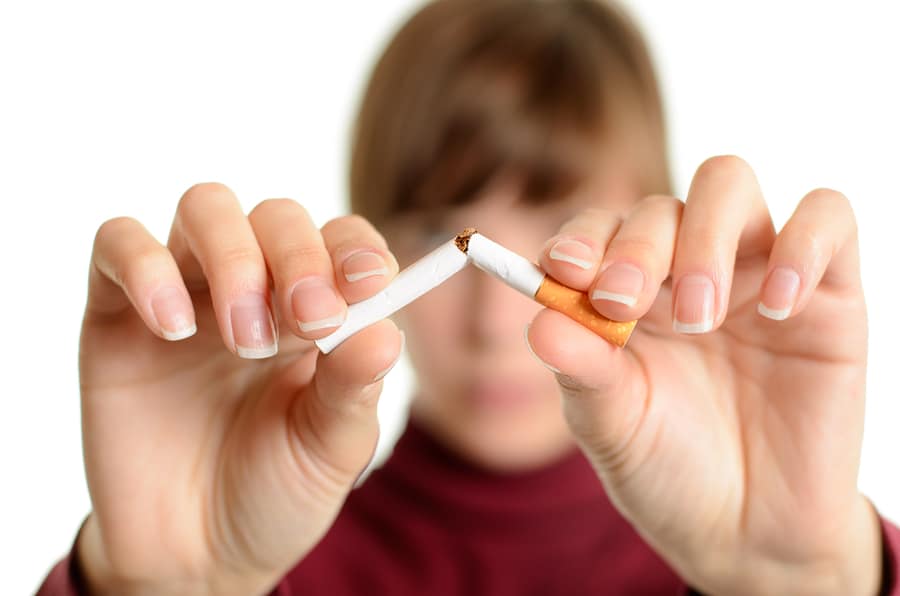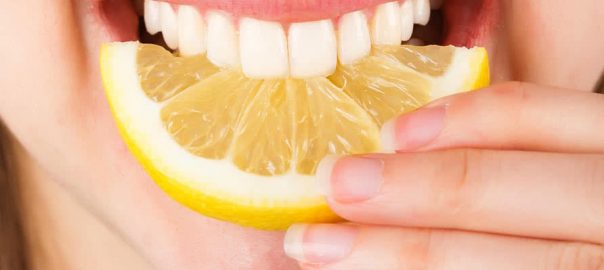
Healthy Gums Are Important! 5 Ways to a Healthier Mouth in 2019.
Healthy gums are one of the most important parts of your overall oral hygiene. Most people tend to believe that just having straight teeth or a bright smile is a sign of a healthy mouth. While this is true, healthy gums are just as important. Even if you’re cavity-free and have the whitest teeth in town, you may still be at risk for gum disease. Since most periodontal disease is not visible in the initial stages, many patients have no idea that there is something wrong with their gums. Gum problems can drastically affect your teeth in the form of tooth decay or even worse, loss of teeth. This is why maintaining healthy gums is so important.
Bacteria are less likely to stick to on clean, smooth teeth. However, if bacteria are not removed through daily brushing and flossing, plaque can start to build up on your teeth. Bacteria and plaque don’t just affect your teeth, they also have a serious impact on your gums. Eventually, the gum tissue and bone that supports your teeth can become loose, fall out, and have to be removed by a dentist. If you want to avoid gum disease and maintain healthy gums, these tips will get you started on the right foot.
#1 Use a Good Toothbrush
As recommended, use a toothbrush with soft and round bristles. This will reduce the impact of aggressive brushing on your gums. You can also use crisscross bristles to help reach tiny spaces and remove food particles that are stuck in between your teeth. Using the right toothbrush will help you reduce plaque buildup, which helps eliminate bacteria growth. A good quality toothbrush may cost a bit more, but it’ll provide you with better results and help you maintain healthy gums.
Keep in mind that the bristles on your toothbrush can wear, making them less effective at removing plaque from your gums and teeth. Always make sure to change your toothbrush every three months. You should also change your toothbrush anytime you get sick. If you have a cold, flu, or any other mouth infection, swap your toothbrush for a new one immediately to avoid passing on the disease.
#2 Brush at Least Twice a Day
Brush your teeth at least twice a day. Most people brush when they wake up and before they go to bed. While brushing twice a day is recommended, you should also try to brush after meals or anytime you eat. If you can’t brush, take a minute to rinse your mouth with water. This will help remove any food buildup from your mouth and keep you on the road to healthy gums.
Brushing after meals is not always convenient, but it is an essential way to keep bacteria away. When you do brush, be sure you do it the right way. Brush along your gum line to help maintain healthy gums.
#3 Floss Regularly for Healthy Gums
Flossing should be a regular habit in every person’s oral health routine. Flossing helps prevent tartar buildup, tooth decay, and certain gum disease. It takes very little time to floss your teeth every day, but the benefits are long-lasting. But, make sure to floss correctly and with proper care.
Flossing is still the most efficient way to remove any food particles and plaque in between your teeth. When food particles get stuck in your teeth, they can irritate your gums if not removed properly. Be sure to floss in between each tooth to help remove plaque and food particles that a regular toothbrush can’t reach. It doesn’t matter when you floss. Just make sure you do it daily!
#4 Rinse with Antiseptic Mouthwash
Mouthwash has a significant role in oral hygiene, especially when it comes to healthy gums. You want to eliminate all the bacteria in your mouth thoroughly, so that plaque cannot form and produce signs of infection.
After brushing, rinse your mouth with antiseptic mouthwash to flush away the remaining bacteria. Antiseptic mouthwashes are great at temporarily reducing some of the harmful bacteria that can cause mild gum disease and plaque. In fact, you can buy antiseptic mouthwashes in any drugstore without the need for a prescription. You can also use an alcohol-free mouthwash. Keep in mind that alcohol can dry out the inside of your mouth, making it harder to flush away the bacteria.
#5 Avoid Smoking
Smoking has consistently been linked to being the primary cause of gum disease. If you want healthy gums, it will be hard to achieve if you are a smoker. Gum disease caused by smoking can be hard to ignore. At some point, periodontal disease will take over. The pockets between your teeth and gums can grow deeper, allowing more bacteria to come in and destroy tissue and other supporting bones. As a result, your gums can shrink making your teeth look a bit longer. Without treatment, your teeth may become painful, loose and even fall out.
Tobacco use, whether chewing or smoking, contributes to an overwhelming number of cases of tissue damage in the mouth. If you want to keep healthy gums and teeth, it’s important to avoid smoking as early as possible.
Visit Your Dentist Regularly
It’s always a great idea to go for a dental checkup once every six months because you can address any dental issues with your teeth or gums before it’s too late. Going for a dental checkup can get your teeth cleaned and fixed, which makes it harder for plaque to form. In fact, getting regular checkups can make it easier for you to maintain good oral hygiene and healthy gums.
Having regular dental check-ups can actually track the early signs of gum disease and stop it from spreading inside your mouth before it gets any worse. Your dentist will check on the condition of your mouth and may clean your teeth and gums if necessary, reducing your chances of getting dental problems in the future. The gums may not be as prominent as teeth, but they serve as an important part in your mouth. Here at My Smile Orthodontics, we improve your gum health and ensure that you have a lovely, healthy smile that you can be proud of.

